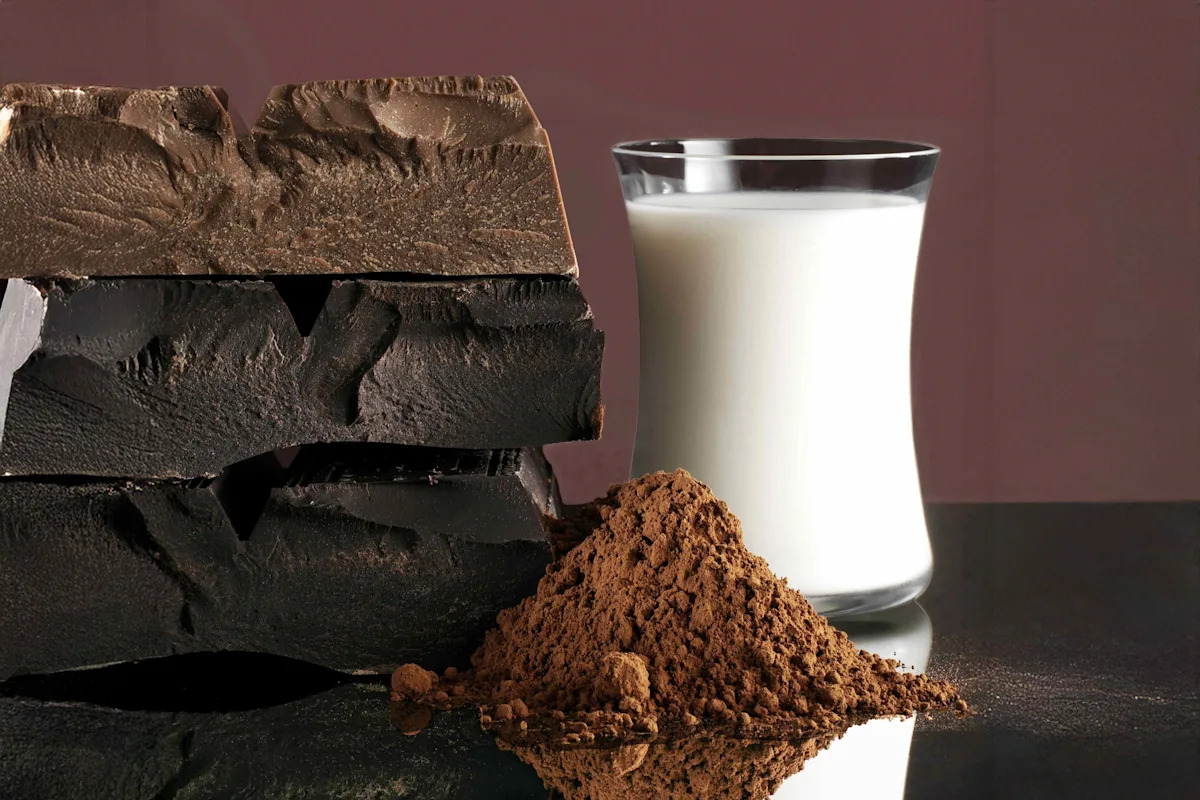Some food combinations just feel so right: milk and cookies, carrots and hummus, chicken and waffles, and bacon and eggs, to name a few. However, other popular food pairs are best to be avoided. From a nutritional perspective, “certain compounds can block the absorption of vitamins and minerals,” explains registered dietitian Avery Zenker. “For optimal nutrient absorption, you might want to pay attention to food combinations, particularly if you’re prioritizing your intake of a certain nutrient; individuals with a nutrient deficiency may be advised to avoid certain food combos. On the other hand, some food combinations can lead to excessive intakes of certain macronutrients or micronutrients.”
While our experts agree that categorizing foods as “bad” and “good” isn’t an effective way to approach nutrition, they do recommend being mindful about how we pair foods together. Below, we’ve gathered six food combinations you should avoid eating at the same time, according to health experts.
01 of 06
Milk With Citrus Fruit
If you reach for a glass of milk at the same time as a few mandarin oranges, you might want to rethink this combo—especially if you’re lactose intolerant. “Mixing milk with citrus fruit (orange juice, lemon, etc) could cause milk proteins to curdle, potentially leading to digestive discomfort or bloating,” Zenker says. “Curdling occurs because the citric acid in citrus fruits causes the casein proteins in milk to clump together. This curdled milk can be harder to digest and may result in symptoms such as gas, bloating, stomachache, or indigestion.”
02 of 06
Dark Chocolate and Milk
Even the most delicious combinations can be harmful. “Pairing dark chocolate with milk actually cancels out its heart-healthy benefits,” explains preventative cardiologist Dr. Elizabeth Klodas. “The flavonoids in high-quality dark chocolate (70%+ cacao) help lower blood pressure and improve heart health, but the proteins in milk block your body from absorbing them. Meaning: that square of dark chocolate and a glass of milk? You might as well skip it—the milk wipes out the very compounds that make [dark] chocolate so good for you.” This doesn’t mean you have to give up your sweet treat of choice—just adjust how you eat it.
03 of 06
Coffee With Bananas
Early mornings call for a quick and convenient breakfast—but not without some nutritional caution first. “The combination of caffeine and rapidly digesting carbohydrates creates an illusion of sustained energy,” explains Suhaul Riveria, founder of Alkaline Herb Shop. “But once your blood sugar drops, that energy boost crashes hard—leaving you more drained than before.” Instead, start your morning with a tall glass of water and a healthy protein (like scrambled eggs!) before indulging in coffee and carbohydrates.
04 of 06
Instant Noodles and Soy Sauce
It’s common to top off your bowl of ramen with soy sauce, but doing so often can raise your sodium levels dramatically. “Adding soy sauce (or other high sodium ingredients) to instant noodles can contribute thousands of milligrams of sodium to the daily intake, making it almost inevitable to overconsume sodium,” Zenker says. “Over time, high sodium intake may increase risk of health conditions like heart disease and high blood pressure.” Plus, dehydration can worsen these symptoms even further.
05 of 06
Peanut Butter With Rice Cakes
Rice cakes are a great way to add some texture to creamy mixtures like peanut butter—but they won’t offer enough satiety to keep energy levels up throughout the day. “This combo hits fast and fades faster,” Rivera says. “Without fiber or complex carbs, your body burns through it in minutes, leaving you tired and craving more.” Be sure to avoid these types of snacks during busy days.
06 of 06
Alcohol and Caffeine
Alcohol and caffeine are frequently paired together (hello, espresso martini) without knowledge of what they do to the brain and body. “Caffeine is a stimulant while alcohol is a depressant, so caffeine can mask some of the perceived intoxication caused by alcohol, making one feel less impaired than they truly are,” Zenker says. “This effect can lead to increased alcohol consumption.” Whether you get your caffeine from sipping tea, coffee, or energy drinks, avoid consuming these drinks at the same time as alcohol.
Read the original article on Real Simple


